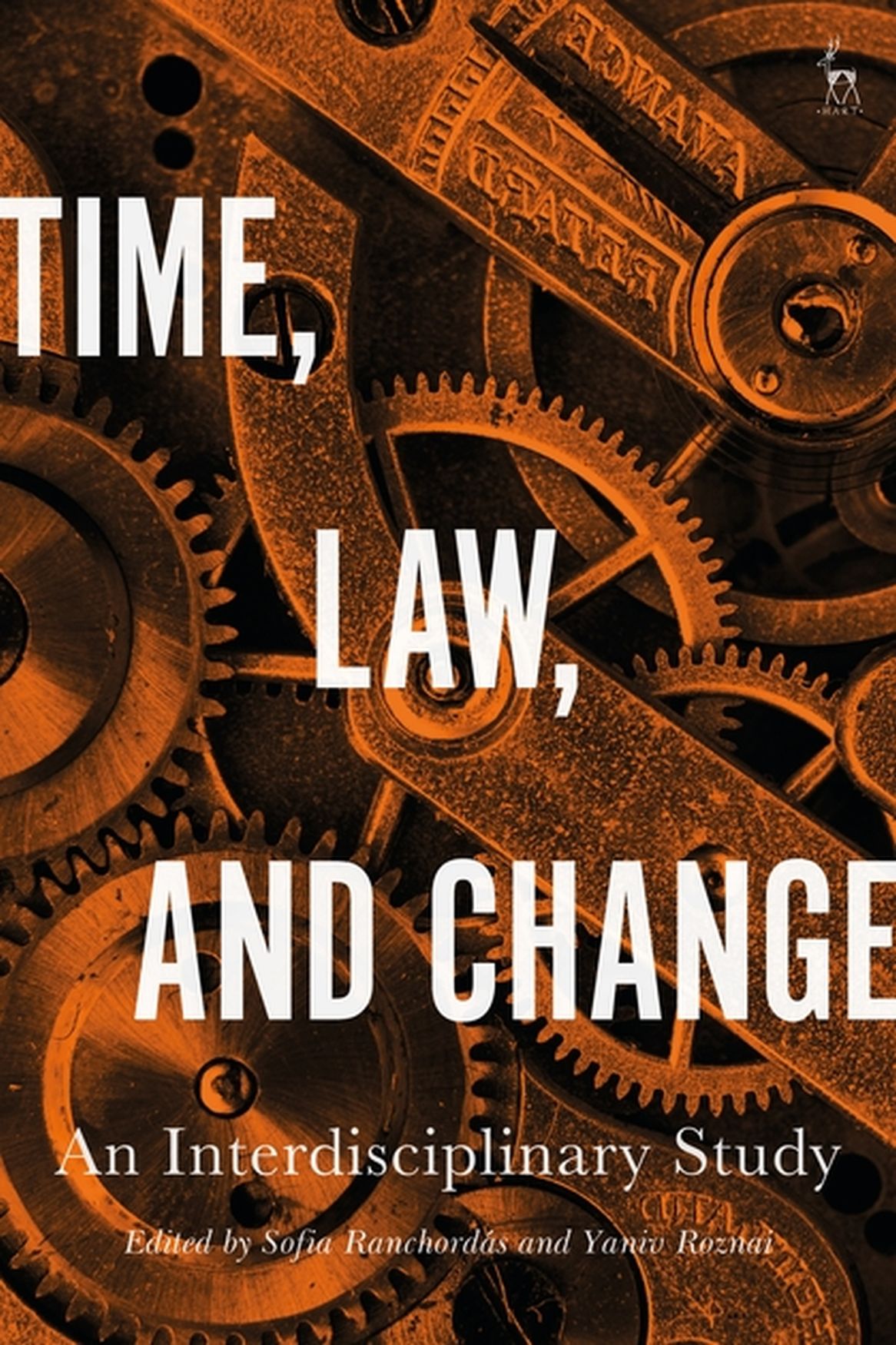We will be closed from 5pm Thursday 17th April for the Easter Bank Holidays, re-opening at 8.30am on Tuesday 22nd April. Any orders placed during this period will be processed when we re-open.

Offering a unique perspective of an overlooked subject, the relationship between time, change, and lawmaking, this edited collection brings together world-leading experts to consider how time considerations and social, political, and technological change affect the legislative process, the interpretation of laws, and the definition of the powers of the executive and the ability of legal orders to promote innovation. Divided into four parts, each part considers a different form of interaction between time and lawmaking. The first part offers both legal,theoretical, and historical perspectives on the influence of time and change on legal interpretation, legislative quality, and constitutional resilience.
The second part offers the reader an analysis of the phenomenon of inter-temporality in the constitutional process as well as a theoretical and empirical reflection upon the meaning of the principle of legal certainty and legitimate expectations.
The third part of the book analyses how specific times shape the law. By 'specific times' the editors wish to refer to situations that put the rule of law or citizens' protection at stake in different ways. The fourth part addresses the complex relationship between technological change and lawmaking.